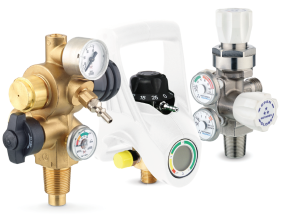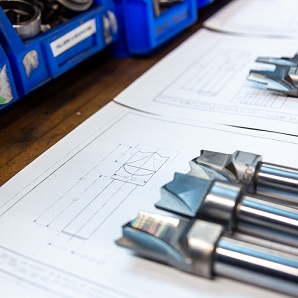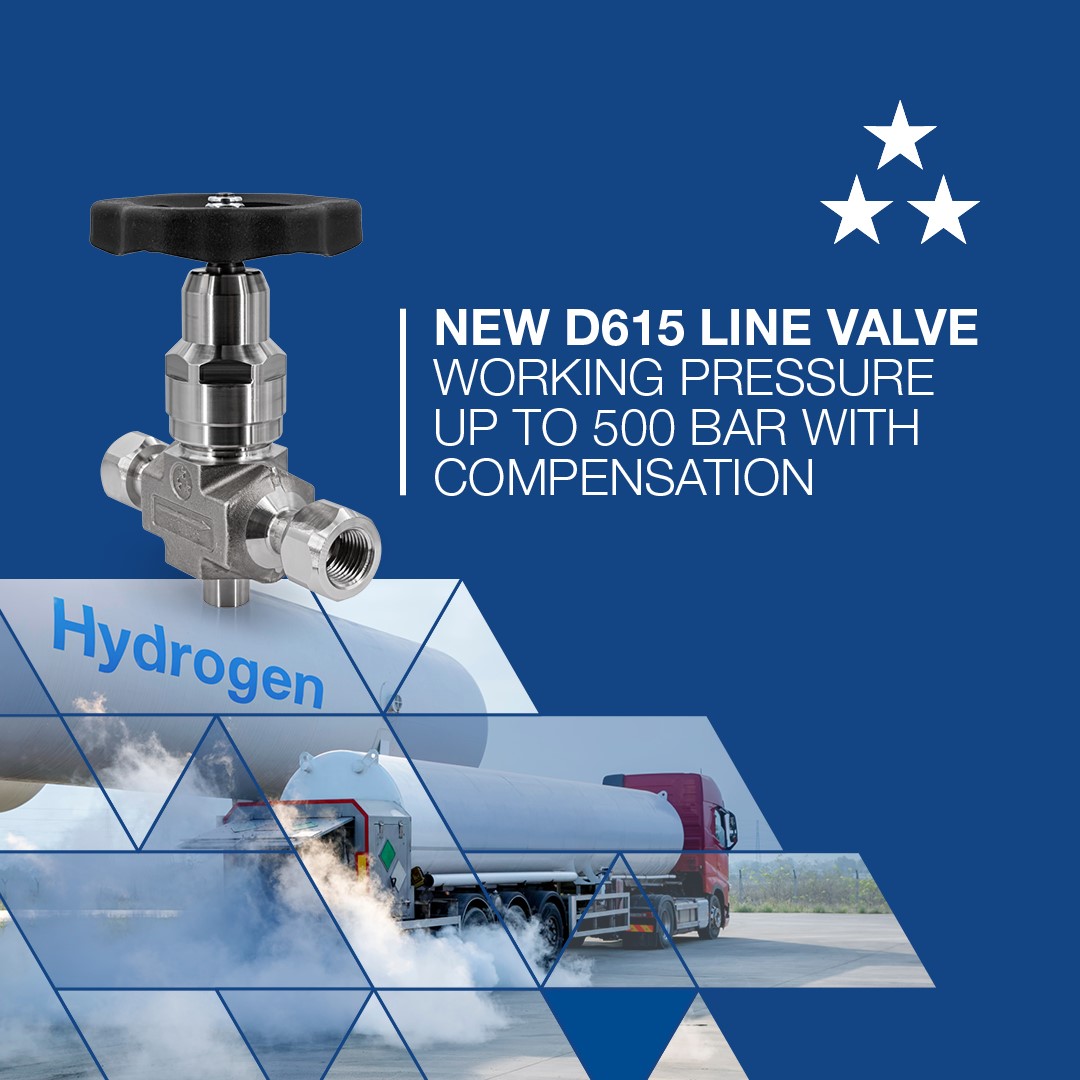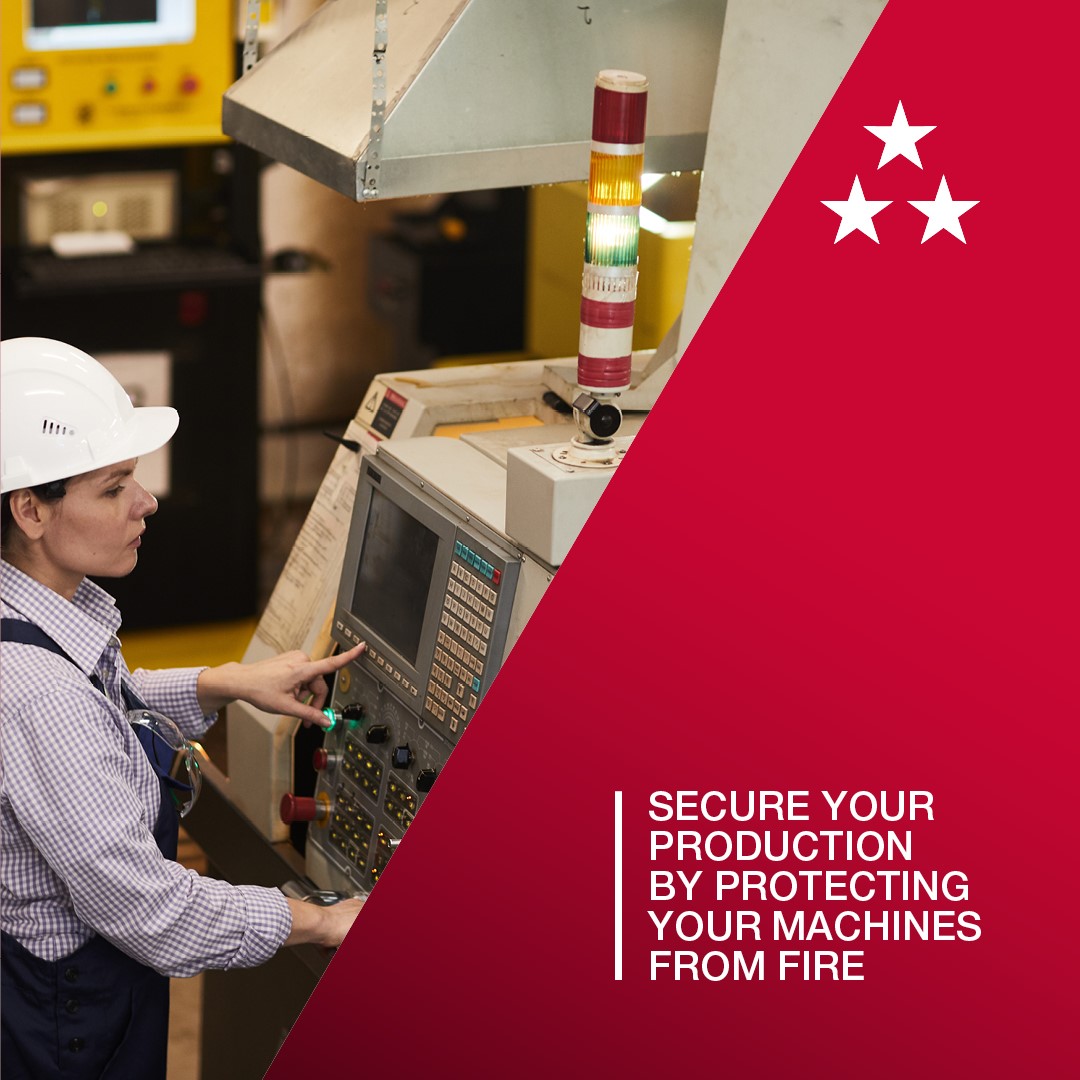Why Choosing VIPR Valves Makes Better Economic Sense

Many companies and institutions that use gas in their daily operations use cylinders equipped with standard hand wheel valves. And gas companies supplying those cylinders equipped with standard valves focus on controlling costs and have been reluctant to adopt more expensive technologies. In this blog, I'll tell you why that for each case, it makes better economic sense to choose VIPR integrated valves. And as a side benefit, you'll see how safety is improved as well.
Many gas suppliers provide cylinders equipped with a hand wheel valve. The customer then controls gas flow and delivery by connecting the valve to a pressure regulator with gauge, shut off valve and flowmeter. An inventory of these components is kept on hand for use as needed and each component is maintained regularly to ensure performance and safety.
In this scenario, the customer incurs the cost of purchasing, managing, storing and maintaining each separate component. Plus, it takes time to assemble the components and safety-check the system on a regular basis. If there was a way to eliminate the need for this extra gas control equipment, this would be of great benefit to the end-user.
Fortunately, there is already a good solution that is a win-win for both end-users and gas suppliers. Called a VIPR (Valve with Integrated Pressure Regulator), it integrates up to 8 functions in one valve, including a shut off valve, pressure regulator with gauge and flowmeter — all in a compact mono-body design.
For the end-user, it completely eliminates the burden of stocking and assembling separate components. All the gas control functions needed to safely deliver precise gas flow are integrated within one rugged shell. So, even though the cost of a VIPR is more than a standard valve, end-users more than make up for it by saving time and money over the lifetime of the valve.
Over time, VIPR valves generate cost-savings for end-users. Now is the time to contact your gas supplier to request VIPR technology.
For end-users to adopt the new technologies, gas suppliers need to provide cylinders already equipped with VIPRs. Up to now there has been a reluctance to transition to VIPR technology because the valves are more expensive than standard valves. However, in certain sectors where the VIPR technologies have become the industry standard, the economic advantages are clear. For example, in the medical sector in some countries, VIPRs account for up to 85% of the valves now in service. Gas companies have been able to charge customers more for the VIPR technologies, off-setting their incremental costs. And customers are more than willing to pay a premium since the operational savings are significant.
Plus, gas suppliers who are early adopters of VIPR technologies can get a competitive advantage by adding real value for their customers and can be sure to gain greater customer loyalty.
One final important point...by integrating all components into one rugged, protected shell, there are fewer potential leak points. This significantly improves safety.
Rotarex has been leading the industry in integrated valve development for many years. Our medical VIPR valves, for example, leverage digital technologies to make it easier for caregivers to administer extremely accurate gas therapy. Plus, they are lightweight and compact. With proven performance and little maintenance required over a long lifetime of service, it makes good economic sense to ask your supplier to replace standard cylinder valves with our VIPRs.








